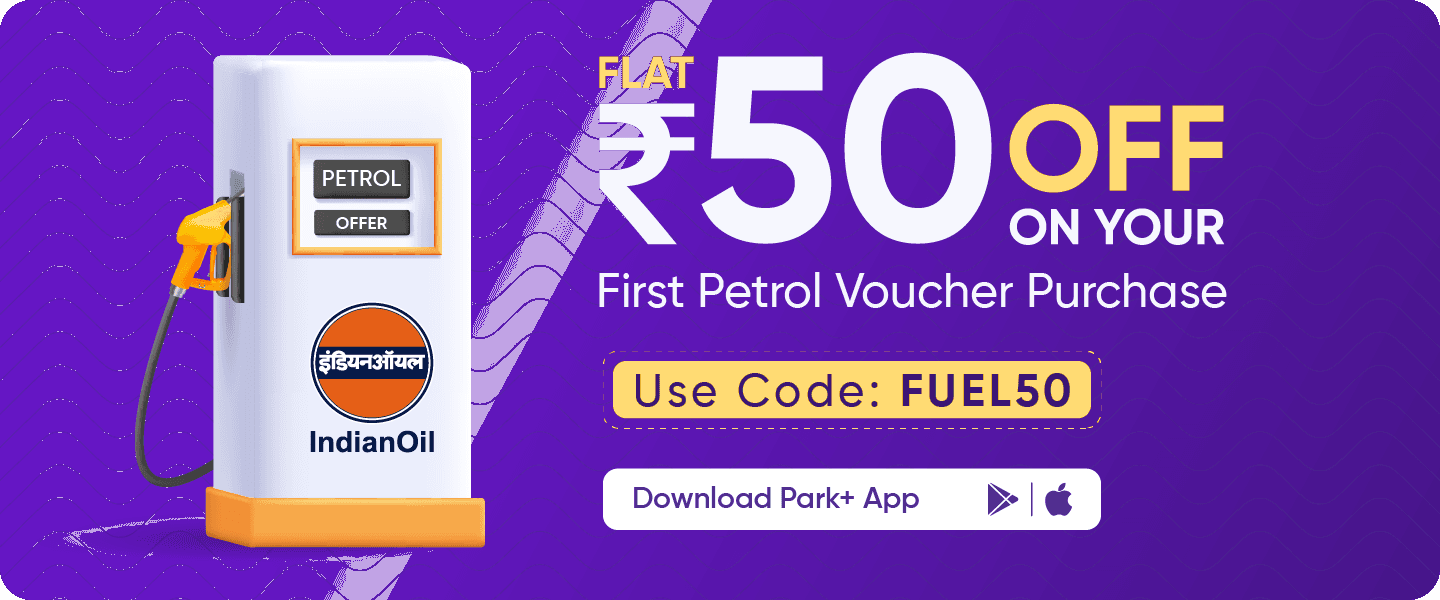Petrol and Diesel Price in Hardoi
DayChange | Petrol-0.3 | Diesel-0.32 | CNG |
|---|---|---|---|
| Today | 94.94 | 88.1 | NA |
| 16 Jan | 94.94 | 88.1 | NA |
| 15 Jan | 94.94 | 88.1 | NA |
| 14 Jan | 94.94 | 176 | NA |
| 13 Jan | 94.94 | 88.1 | NA |
| 12 Jan | 94.94 | 88.1 | NA |
| 11 Jan | 214 | 88.1 | NA |
| 10 Jan | 94.94 | 88.1 | NA |
| 09 Jan | 94.94 | 88.1 | NA |
| 08 Jan | 94.94 | 88.1 | NA |
Note : there may be slight variations in prices across outlets within a city
Petrol price in Hardoi is becoming more volatile as crude oil prices climb. Hardoi city is situated in the Hardoi district of Uttar Pradesh, India. The city serves as the administrative centre for the Hardoi district. Hardoi's economy is a combination of the service, commercial, and industrial sectors. Fuel prices in Hardoi have risen as the rupee declines in value against the dollar on a regular basis. If you are planning a lengthy trip, you should double-check the current Hardoi gasoline prices.
Petrol price in Hardoi
The petrol price in Hardoi today is INR 94.94 per litre. Over the last eight days, the price of petrol in Hardoi has ranged between Rs 94.94 and Rs 214.
Diesel price in Hardoi
Today, the diesel price in Hardoi is INR 88.1 per litre. Diesel prices in Hardoi fluctuate on a daily basis. They are updated every day at 6 a.m. This modification is carried out by Indian petroleum corporations. If your vehicle runs on diesel, it is best to verify the rates before filling it up.
Factors that influence fuel prices in Hardoi
Here are the main factors that influence the fuel prices in Hardoi:
1. Crude oil cost
Crude oil, often known as unrefined oil, is a commodity traded on the international market. Changes in the price of this commodity have a direct impact on the price of gasoline and diesel in Hardoi. Crude oil prices fluctuate in response to changes in demand and supply. Furthermore, worldwide political connections, as well as future reserves and supplies, have a direct impact on crude oil prices.
2. Price charged to dealers
Oil Marketing Companies (OMCs) acquire and distribute crude oil. The price charged by OMCs to dealers is a major determinant of the pricing of fossil fuels. This price is also determined by a number of factors, such as shipping costs, refining costs, and so on.
3. Taxes
The sales tax or VAT is a fixed sum of money rather than a percentage. As a result, the duty is not affected by fluctuations in fuel prices. The Government of India has significantly increased excise duty in recent years.
The excise charge on diesel and petrol is levied by the central government. It should be noted that the central excise charge is a fixed sum of money rather than a percentage. As a result, the duty is not affected by fluctuations in fuel prices.
The Government of India has significantly increased excise duty in recent years.
4. Fuel demand
With the number of vehicles on Indian highways continuously increasing, so has the need for both diesel and petrol. Because Indian oil refineries purchase crude oil from the foreign market to turn it into diesel and petrol, supply cannot always be guaranteed. According to economic logic, when supply is low, and demand is high, the price of both fuels will rise in Hardoi.
5. Dealer commission
Oil Marketing Companies pay fuel retailers a commission. This commission covers the gas pump owners' earnings, costs, and profit. This is a factor that contributes to the cost of fuel in Hardoi.
6. Refinery consumption rate
The crude oil brought into India goes to refineries for processing. If the number of refineries is less, the total amount of petrol or diesel available for sale will reduce as well. This would also imply that the supply would be reduced, raising the price of the fuels.
Conclusion
You may use the Park+ app to keep track of the daily rise and fall in diesel, petrol, and CNG prices in Hardoi and across India. If you want to discover the current fuel price in Hardoi, simply log in, and type Hardoi into the search field.
FAQs
How to get petrol price in Hardoi?
You may log into the Park+ app to keep track of the current petrol price in Hardoi or any other city in India. You may check the daily pricing of petrol in several cities across India right here. Furthermore, you can also use the app to establish a daily reminder to get notifications of daily fuel pricing.
What is Compressed Natural Gas (CNG) fuel?
Methane, CO2, nitrogen, ethane, and propane are all components of Compressed Natural Gas. CNG now occupies only 1% of the volume it once did. This fuel is an effective way of running automobiles. With CNG, approximately 6 to 7 litres are enough to travel 100 kilometres, whereas you may need 10 litres of petrol to drive the same distance.
Which fuel causes less pollution?
CNG causes less pollution, compared to other fuels. The use of CNG reduces dangerous automobile exhaust gas pollutants such as carbon dioxide, carbon monoxide and other suspended particles. It safeguards the environment by mitigating the consequences of global warming. CNG is non-corrosive, non-toxic, non-carcinogenic, and beneficial to public health. CNG, often known as the green fuel due to its lack of lead and sulfur, minimizes hazardous emissions, mitigating the effects of global warming. Because it is non-corrosive, it extends the life of spark plugs.
